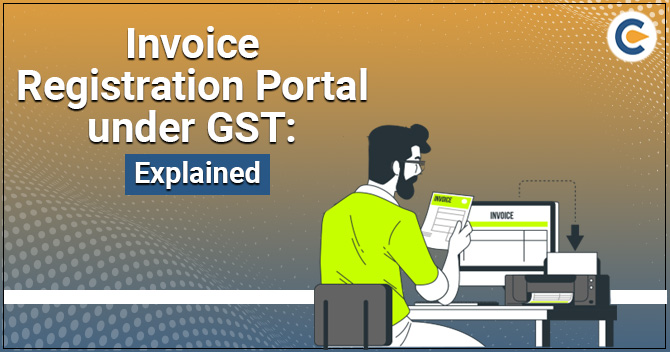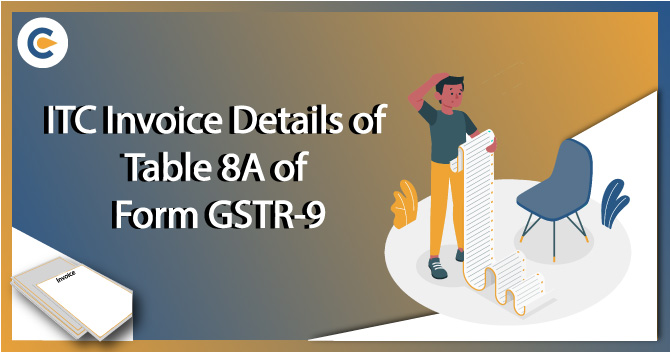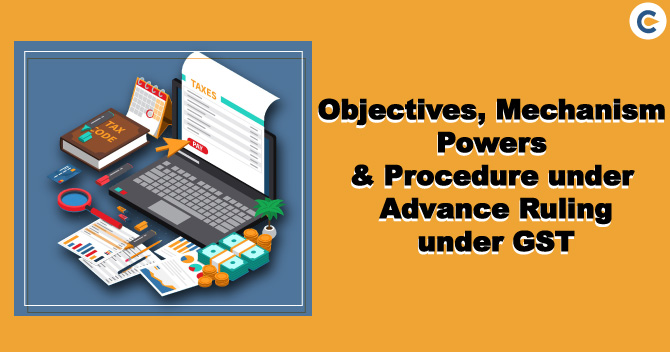Invoice Registration Portal, i.e., IRP, is a GST-based platform that authenticates the legitimacy of invoices used in the GST regime. It creates and assigns IRN to every GST invoice. The infrastructure to bolster the trial variant of the e-invoicing system was first launched for voluntary use on Jan 1 2020.
Latest news: GSTN is inviting qualified companies to become e-invoice registration partners. The registration facility is open till Jan 15, 2022. Common beneficiaries of this scheme would be any company / LLP in IT/ ITES/BFSI (Banking, Financial Services, and Insurance) domain, operating in India as a registered entity for at least three years. Furthermore, registration is also open to Start-up or SME/MSME in IT/ ITES registered in India for at least three years.
What is the role of the Invoice Registration Portal (IRP)?
The Invoice Registration Portal serves as registrar and operates via an online platform to assign Invoice Reference Numbers to each credit note/invoice/debit note.
The invoice information can be submitted onto this portal using a standard mode to either generate or authorize the IRN of the uploaded invoice. Only such invoices with a validated IRN shall be deemed valid as per law. Presently, there is only one IRP known as NIC.
What are the fundamental functions of IRP?
The Invoice registration portal, IRP carried out the following undertakings:
Generation IRN/Hash for invoices:
When the invoices have been submitted without hash, the IRO renders the hash/IRN for the same in the standard format based on the IRN parameters.
De-duplication check
The Invoice registration portal performs an extensive check of the hash/IRN of an invoice for any repetition or duplication by comparing the same with details that exist in the Central Depository.
Electronic Signing of authenticated invoices
The IRP electronically signs all the authenticated invoices via the private key of the IRP. This electronically signed JSON is then made accessible to the supplier.
Generation of QR codes concerning validated invoices
The Invoice registration portal also generates a QR code against each invoice in addition to the digital signature. The taxpayer can leverage such code to validate/print the invoice & have a prompt review/access on handheld devices.
This feature is beneficial for tax officials and stakeholders to validate information when they have no/limited access to the internet.
The given parameters shall be accessible via the QR code:
- GSTIN of recipient
- GSTIN of supplier
- Invoice number rendered by the supplier
- Date of invoice’s generation
- Invoice value (taxable value & gross tax)
- HSN Code of the main item (the line item having the highest taxable value)
- Number of line items
- Unique Invoice Reference Number (hash)
Leveraging offline app
The IRP shall facilitate an application to verify the QR code of an invoice in an offline mode. The entire information of the invoice would be accessible only after connecting to the web portal.
Syncing with GST & E-way Bill System
The uploaded invoice information will be shared automatically with the GST system, which will allow for auto-updating of GSTR-1 (of the seller).
Moreover, the information will also be shared automatically with the e-way bill system whenever required to generate an e-way bill, even simpler.
The e-way bill system seeks a vehicle number to complete the process of generating an e-way bill.
E-Invoice generation on the Invoice registration portal
E-invoicing ensures that a specific standard is followed for the digital reporting of invoice information. GST taxpayers should follow a standard format that enables the system to process the output generated by another system. Thus, if the information of the invoices is reported as per the standard format, it will result in a significant improvement in digitizing the process of filing returns.
Therefore, it can be concluded that the aim of the IRO is not e-invoice generation but only to register the invoices’ details generated by the company on a daily basis. The invoice should be accessible as a JSON file utilizing an offline tool to furnish details of the invoices into the IRP. The ERP should be synced with the e-invoice system by way of API, either directly or via GSPs.
Modes of registering invoices with the Invoice registration portal
Multiple modes have been proposed for registering the invoice on the IRP:
Web-based via Bulk Upload
The applicable taxpayers can submit the invoice details on an excel-based offline tool. Such a tool is used to convert the data into acceptable file format i.e., JSON file. The same can be furnished onto the e-voice portal for the authentication/registration of the same. After that, an IRN shall be generated by the portal, accompanied by the QR code[1].
API based
The API integration mode shall enable prominent taxpayer & accounting program providers to interact with the IRP via their own program.
For this purpose, server information of their system must be registered with the IRP e-invoice system. The IRN can be generated & authenticated for invoices either one time or in volume, identical to the e-way bill system.
Prerequisites for integration include;
- SSL based domain name
- Pre-production system to validate the API interface
- IT-enabled invoice generation system having a static IP address
Mobile App based
The invoice registration portal has proposed a mobile-based application on the App store, which performs some essential IRP functions as mentioned above. The user must enroll their IMEI (International Mobile Equipment Identity) number of their handsets, via which the IRN needs to be generated on the e-invoice system.
Conclusion
The IRP serves as an electronic portal that validates the generated invoices by facilitating Invoice Reference Numbers (IRN). The National Informatics Centre is the primary source that operates this portal in India.
Read our Article:Concurrent Levy of GST and Excise duty on Tobacco items is fair: Karnataka HC











